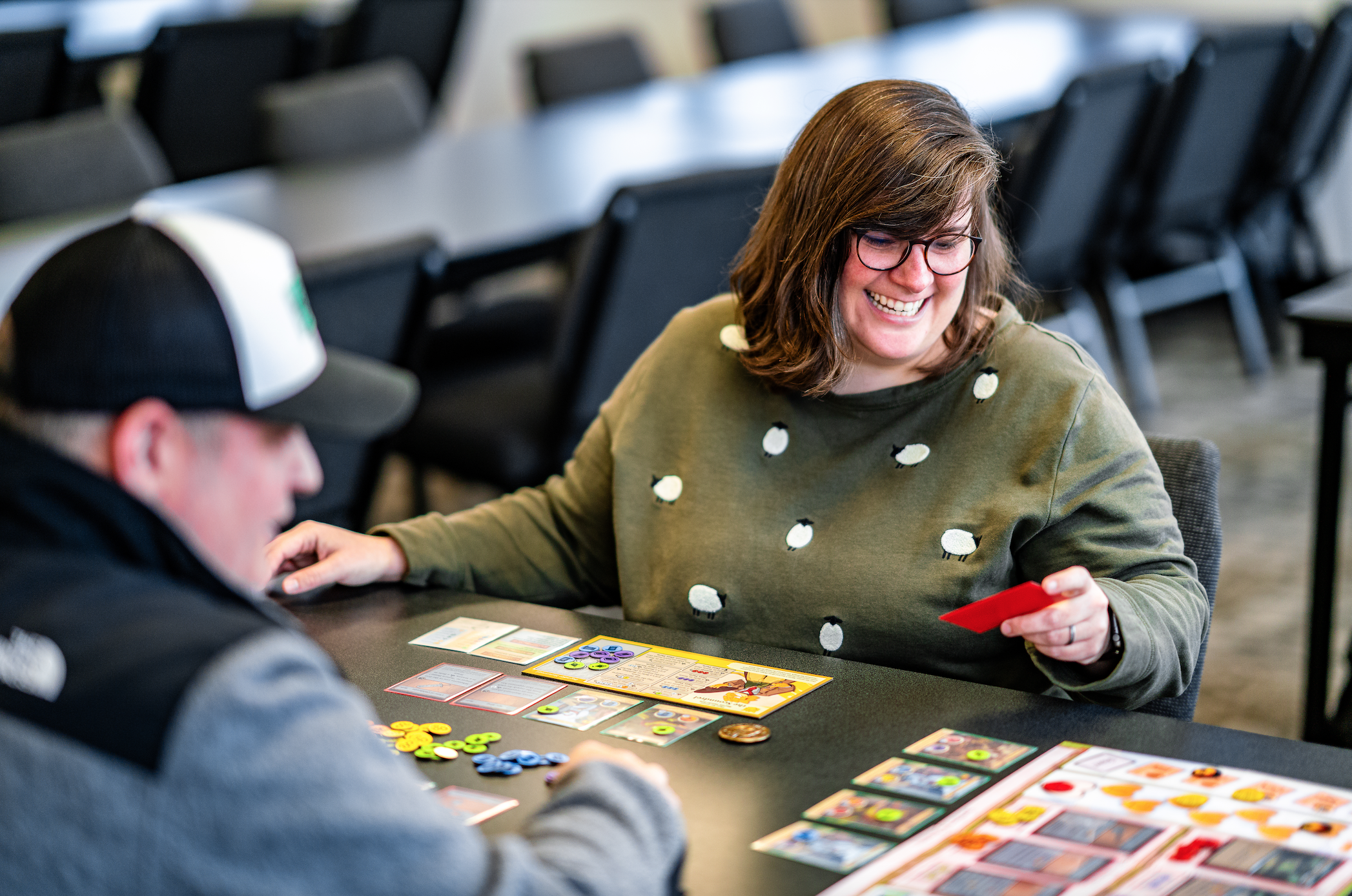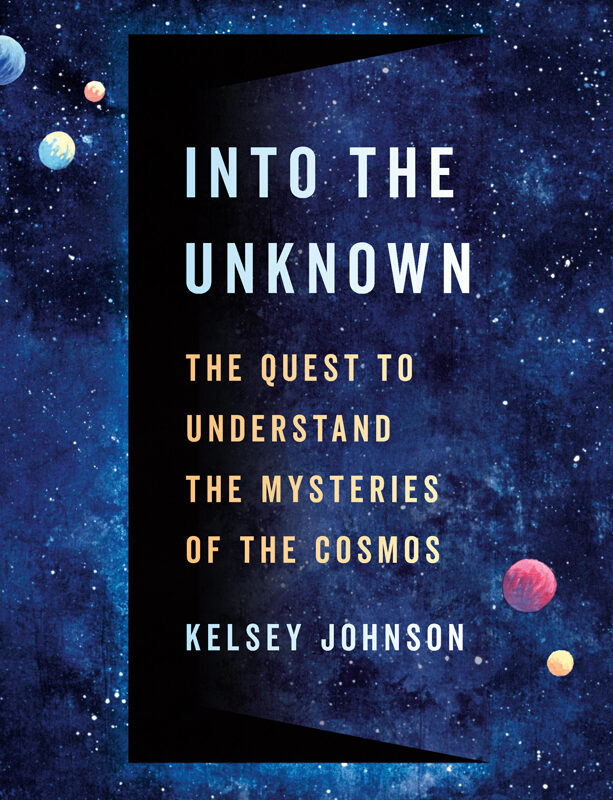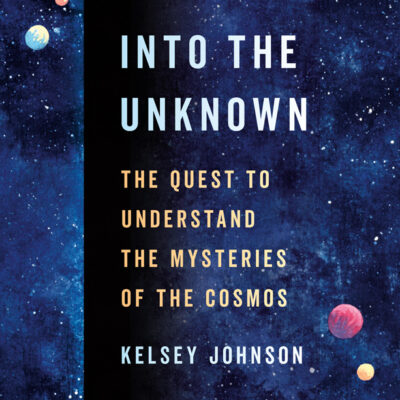Game stores can be intimidating. For the layman, walking into The End Games and hearing someone discuss their level 18 Halfling Rogue in Dungeons & Dragons or their Warhammer 40k Space Marine Army is like listening to an advanced trigonometry lesson given entirely in Urdu. That’s why, while building his crowdfunded board game Springsign, Andreas “Andy” Mangham wanted to avoid making just another entry into the crowded field of math-heavy table-top role playing games, or collectible-focused trading card games like Magic the Gathering. “I wanted to make something that families could play,” he says. “In fact, it’s designed to be kind of an accessible gateway game that can introduce some cooler game concepts/mechanics to less experienced, ‘entry-level’ gamers.”
Yet to describe Springsign as a simple board game like Monopoly or Chutes and Ladders is inaccurate. The game, at its core, is a popularity contest, where several fantasy archetypes—like the strong, silent Soldier, or the wily Smuggler—complete tasks to win the affection of the townspeople for the highly coveted office of Mayor of Springsign, while an invisible third player—anarchy—competes against them all. Therefore, popularity becomes your scoreboard.
When you sit down to play, you’re given a reversible player card, and both sides contain your character’s picture, spaces for your inventory, and directions on what choices you can make during the action phase of the game. While one side is for beginners (with a more basic and streamlined experience), the other side of the card has more complex and deeper mechanics for the experienced gamer. The game is designed so that both the beginner and adept sides are balanced and can be played at the same time. This asymmetric gameplay style offers a lot more accessibility for families who want to have a game that’s fun for their kids, while also giving adults and experienced players a product that is engaging and strategic.
However, Mangham goes out of his way to make sure people understand one thing about his game: “This is not a cooperative game,” he says.
The project is part of The End Games initiative to branch out from its strictly retail focus and embrace Mangham’s skills as a game creator. The store’s co-owner Sam Fogelgren says that, once they discovered Mangham’s imagination and creativity, they decided to capitalize on his talents and let him chase his dream of game design.
“Andy started off as a front-of-house employee behind the counter,” Fogelgren says. “Once we all talked about his passion for making games, we moved him into that role to attempt to create a game. Retail is great and we love hosting events, but [we wanted to create] something new with The End Games that could be enjoyed by people around the world and we could leave our mark that way.”
Mangham is a local who grew up in the Shadwell area and graduated from UVA’s literary prose program in 2020.
“It’s a fancy way of saying creative writing,” Mangham says. “Not a very marketable skill set, some would say, but I’m pleased to say I’ve been using my education a lot. Right out of college, I wanted to work for The End Games. I knew I wanted to design games for a living.”
It took a couple years for Mangham to “pay his dues” and for the store, which Fogelgren describes as “a community where players and staff come together and share their passion in a welcoming environment … and create unforgettable experiences,” to be in the right position to back him and take the plunge on a project. But when the time was right, the tight-knit crew decided it was time for their adventure to begin.

“About a year into working there, my bosses approached me. They told me they knew I was into game design and wanted to experiment with starting an in-house game dev department, and was wondering if I could make that happen,” Mangham says. “So now, I’ve switched to only doing game development stuff. Springsign was proving to be like three or four jobs rolled into one, and I just wasn’t able to make meaningful progress on it with my time and attention divided. When you self-publish games, what most people don’t talk about is that making the actual game is only a third of the job; the rest is marketing, logistics, community-building, manufacturing, and budgeting.”
Fogelgren says they “had talked about if this went well and Andy was successful, we would love to continue spreading the word of Springsign and would look into supporting Andy and maybe other designers in creating more successful Kickstarter campaigns and new games.”
Endangered species?
Thanks to the boom in popularity from TV shows like “Stranger Things” and popular online shows like “Critical Role,” gaming has started to become more mainstream. What once was considered a niche market with eroding margins has seen a boom in recent years, and Charlottesville’s gaming scene has been no exception.
“Tabletop gaming is a growing market [in Charlottesville],” Mangham said. “The End Games used to be the only game shop in Charlottesville, and now two others have opened around C’ville in the past two years.”
As the world emerged from the pandemic, the desire for more social interaction led to increased popularity in the gaming scene, communities were reforged at local gaming stores around board games, table-top role playing games, and trading card games like Magic The Gathering and Yu-Gi-Oh. Early gamers congregated at the game store as a shelter from the insults and jabs of their peers, and an escape from pearl-clutching parents caught up in the “satanic panic” of the ’70s and ’80s. This was back when the word “nerd” was a pejorative, and religious conservatives were convinced that playing Dungeons & Dragons would have their kids summoning Cthulhu in the basement.
Times have changed, however, and as the teenagers from those early days have kids of their own, there are tabletop gaming groups that are into their second generation.
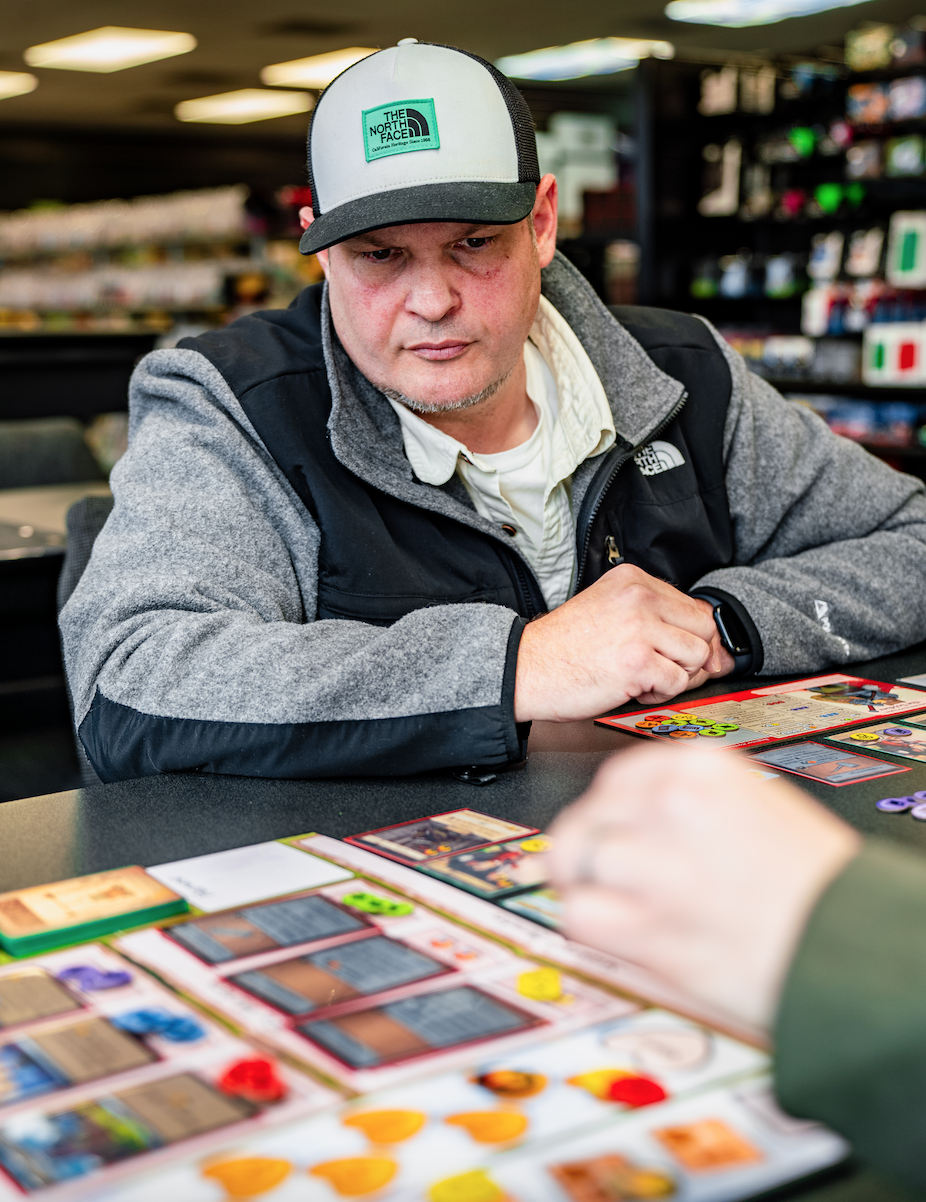
The End Games’ current owners—Fogelgren, Shane Borrelli, and Brian Roberts—bought the business 14 years ago and have since grown it into a viable mecca for fellow local nerds who now wear that title with pride. Though the popularity of game stores may no longer be waning, it still feels unique to find the same discussions about magic decks with like-minded individuals who find nothing strange about a five-hour argument over whether their lawful neutral paladin could beat your chaotic good elven mage in a karaoke contest.
“Because of amazing community support, we’ve been able to grow and provide so many people with a second home,” Fogelgren says. “That’s what we love about The End Games; it’s an inclusive fun atmosphere [where] you can come in and play for hours and not spend a dime. We do sell games and accessories for the games people play, but joining your friends to play or many of our events are free. We also have bigger tournaments with prizes for our more competitive players. We call it a second home because you can always come in, there’s a good chance our staff know your name, and we all try to make sure it’s a safe and fun environment for everybody.”
All or nothing
Springsign’s October launch party at the store quickly became a crowded affair, with eager players gathered around two boards while Mangham explained the mechanics of the game for what must have been the 100th time that night.
“I also had about three hours of sleep last night,” he said over the crowd. The game had occupied his brain for so long, and not knowing whether it would be popular had cost him many nights’ sleep. Not to mention that, as of the launch party, the all-or-nothing crowdfunding campaign (if the project did not meet its goal, all of the hard work would have been for the friends they met along the way) was still flying short of its $18,000 ask.
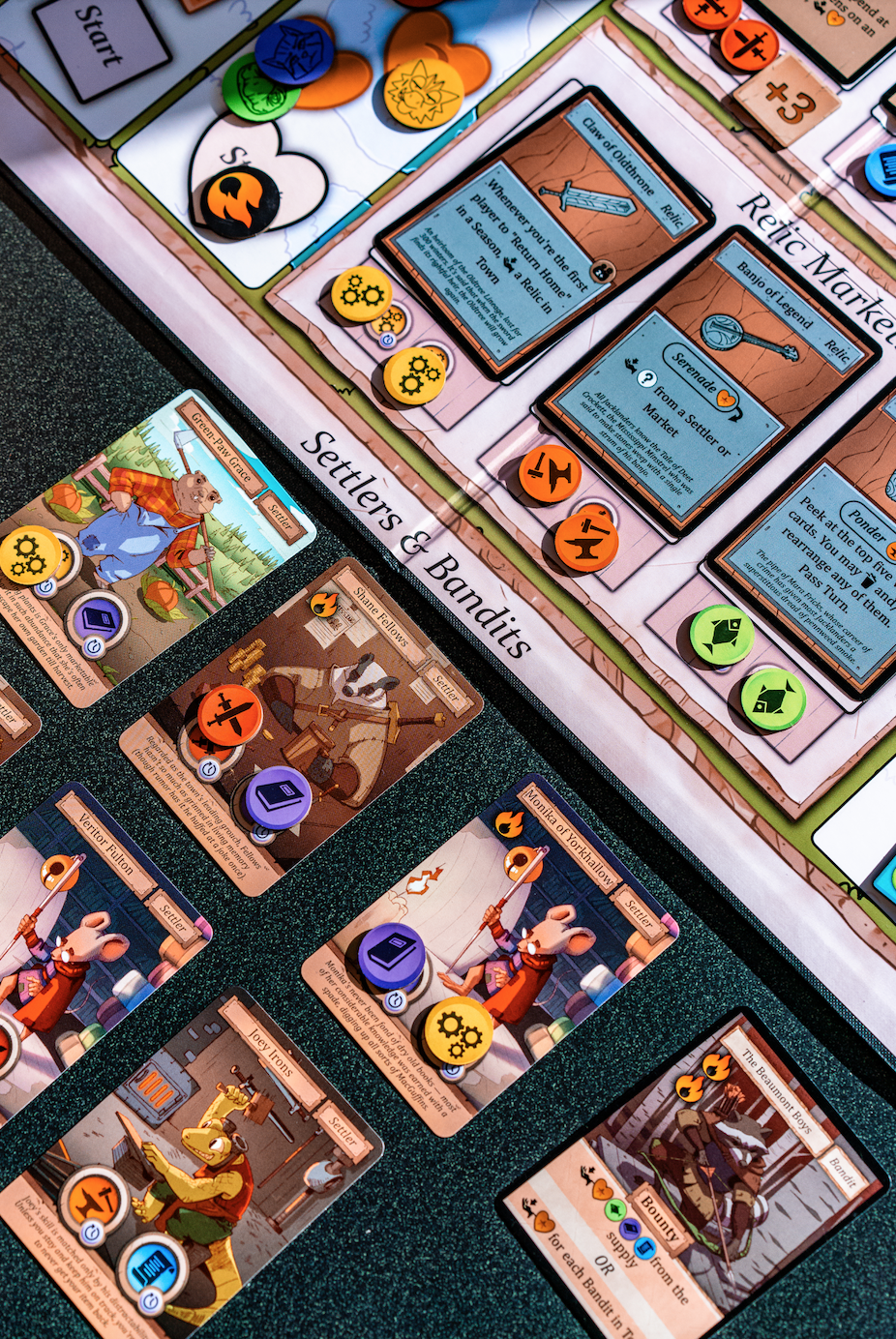
Mangham needn’t have worried. A week later, with 23 days left on the clock, Springsign had reached its goal.
“We hit our funding goal of $18k last night, so we are definitely making the game,” Mangham said via email. “Any further funding will go to our ‘stretch goals,’ which lets us unlock upgrades, better stuff for our backers, and improve the game in other ways.”
With the success of the crowdfunding campaign, the likelihood of The End Games branching out into developing other games increases tenfold, according to Mangham.
“My hope is that Springsign will not only pay for itself, but raise the capital we need to further invest into our game dev department,” he says. “Springsign is an experiment for us, on every level. Once our campaign ends and we can look at how much we raised, my bosses and I will be able to unpack everything we’ve learned from this project and figure out what comes next for us.”
